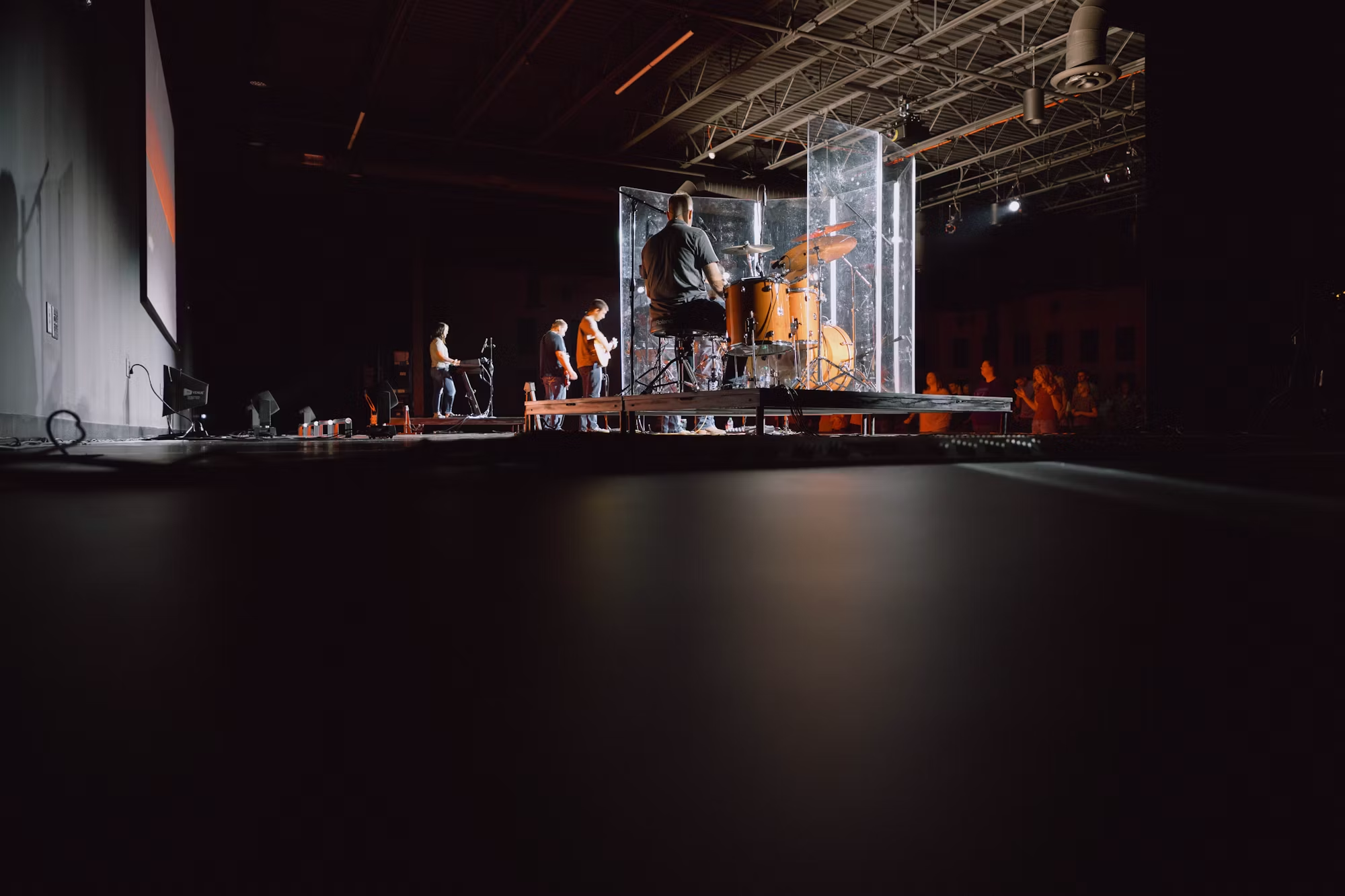In an era dominated by electric amplification and high-energy performances, the resurgence of unplugged concerts has captivated audiences and artists alike. These intimate performances emphasize the purity of sound, allowing musicians to connect with their listeners on a deeper level. Unplugged concerts, characterized by their focus on acoustic instruments and stripped-down arrangements, offer a refreshing departure from the often bombastic nature of larger productions. The appeal of unplugged concerts lies in their simplicity. By removing the layers of electronic enhancement, artists are given the opportunity to showcase their raw talent and musicality. For many musicians, this format serves as a return to their roots, reminiscent of the early days of music when artists performed in small venues or even on street corners. The authenticity of unplugged performances resonates with audiences, creating an atmosphere that fosters connection and intimacy. One of the defining features of unplugged concerts is the environment in which they take place. These performances often occur in smaller venues such as cozy cafés, intimate theaters, or even private homes, where audiences can feel the energy of the artist’s performance up close. This setting allows for a more personal experience, where fans can interact with the musicians and engage in conversations between songs. The close proximity enhances the sense of connection, as listeners become an integral part of the performance. Additionally, unplugged concerts provide a unique opportunity for artists to experiment with their music. Many musicians take the chance to reinterpret their songs, exploring different arrangements and styles. This creative freedom allows artists to showcase their versatility and artistic growth. Fans are often treated to unexpected renditions of their favorite tracks, making each performance a one-of-a-kind experience. The intimate nature of unplugged concerts also encourages storytelling. Artists frequently share anecdotes and insights about their music, offering listeners a glimpse into their creative process. These personal stories enhance the audience’s understanding of the songs, creating a deeper emotional connection to the music. The interplay between storytelling and performance transforms the concert into a shared experience, allowing fans to feel a sense of ownership over the music. In recent years, unplugged concerts have gained popularity among established artists as well as emerging talents. Major musicians often host special acoustic sets as part of their tours, drawing fans who are eager to witness a different side of their favorite artists. For emerging musicians, unplugged performances can serve as a powerful platform for exposure, allowing them to build a following in a more intimate setting. This format can also attract audiences who may be new to a particular genre, as the stripped-down arrangements often highlight the emotional core of the music. Moreover, the rise of digital platforms has enabled artists to reach wider audiences through virtual unplugged performances. Livestreaming acoustic concerts has become increasingly popular, allowing fans from around the world to experience the magic of unplugged music without geographical limitations. These online events often foster a sense of community, as fans engage with each other in real-time through chats and comments. This interaction further enhances the feeling of connection, creating a shared space for music lovers to come together. The significance of unplugged concerts extends beyond the music itself; they often carry an underlying message of sustainability and mindfulness. In a world where the music industry is frequently criticized for its environmental impact, unplugged performances can promote a more eco-friendly approach. By minimizing the use of elaborate staging and electrical equipment, these concerts can reduce their carbon footprint, aligning with the values of environmentally conscious audiences. Additionally, unplugged concerts often focus on local venues and communities, supporting small businesses and fostering a sense of belonging. As audiences become more aware of the impact of their choices, the appeal of unplugged performances continues to grow. The culture surrounding unplugged concerts also emphasizes a sense of togetherness and appreciation for music in its most genuine form. Attendees often leave these performances feeling uplifted and inspired, having shared a unique experience with others who share their passion for music. The atmosphere is often one of camaraderie, where fans celebrate the power of creativity and expression. In conclusion, unplugged concerts represent a beautiful intersection of artistry, community, and authenticity. By stripping away the excess and focusing on the music itself, these performances allow artists to showcase their talents in a way that resonates deeply with audiences. Whether in intimate venues or through digital platforms, unplugged concerts continue to captivate listeners and remind us of the magic of music at its core. As this trend evolves, it is likely that more artists will embrace the unplugged format, further enriching the musical landscape and creating lasting connections with their fans.
